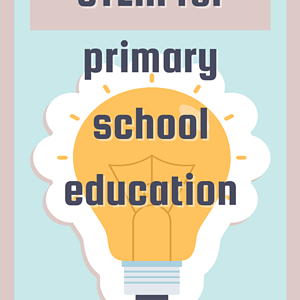Introduction
Good morning, everyone! I am delighted to have this opportunity to introduce you to our Guidance and Counselling training course. This course contains an extensive range of topics that will help equip participants with the knowledge and skills necessary to effectively provide guidance and counselling services in a variety of settings.
This comprehensive programme covers all aspects of providing guidance and counselling, from developing the necessary attitudes and beliefs required for successful practice to the use of different approaches when engaging with clients. It also looks at how effective communication can enhance positive outcomes as well as exploring areas such as trust and ethical dilemmas that may arise during practice.
The course provides valuable insight into how one can assess personalities, behaviour patterns, family dynamics, dynamics between couple or couples as well as diversity issues. We aim to provide participants with the techniques they need in order to be able to address their client’s needs appropriately with clarity and understanding. Participants will leave equipped with essential tools that can be employed immediately in both professional and personal lives.
We look forward to welcoming you on this journey of exploration and insight into guidance and counselling practices – the perfect foundation for success!
Objectives
- Develop an understanding of the principles of effective guidance and counselling through interactive activities.
- Identify different strategies to confront various challenges while providing guidance and counselling.
- Acquire knowledge on how to assess a person’s needs in order to determine appropriate action and intervention strategies for providing guidance and counselling.
- Assess clients’ issues and develop viable solutions with them during sessions, both individually as well as in groups.
- Educate individuals or groups on available resources and options related to Guidance and Counselling services so they can make informed decisions about their lives or situations.
- Create meaningful connections between participants in order to foster positive relationships with knowledgeable advisors who are able to provide helpful advice when needed.
- Develop communication skills to ensure clarity of purpose when engaging in discussions pertaining to Guidance and Counselling sessions, thereby leading more fruitful conversations for all parties involved.
- Practice active listening techniques that can help identify underlying issues easily during Guidance and Counselling sessions which may not be indicated on the surface level.
Course Outlines
Module 1: Introduction to Guidance and Counselling Services in Schools
Gain an understanding of guidance and counselling services in schools
Know who the stakeholders are involved in the school guidance and counselling service
Definitions of Guidance and Counselling Services
The purpose of school counsellor, roles, and responsibilities
Identifying stakeholders involved in providing guidance and counselling services (i.e., teachers, administrators, parents, etc.)
Module 2: Understanding Students’ Needs for Guidance and Counselling Support
Understand how to assess students’ needs for guidance and counselling support
Authentic assessment methods for identifying student concerns/needs for guidance and counselling support
How to identify signs that a student may need mental health support (i.e., behavioural issues, etc.
Module 3: Strategies to Provide Guidance and Counselling Support Effectively
Understand how to provide effective guidance & counselling practices Content:
Areas of focus when providing guidance & counselling support (i.e. building trust, communication skills).
Different approaches that can be used to provide counselling interventions (i.e., cognitive-behavioural therapy; person-centred approach).
Methods on how to evaluate the effectiveness of the provided intervention
Module 4: Test




Reviews
There are no reviews yet.